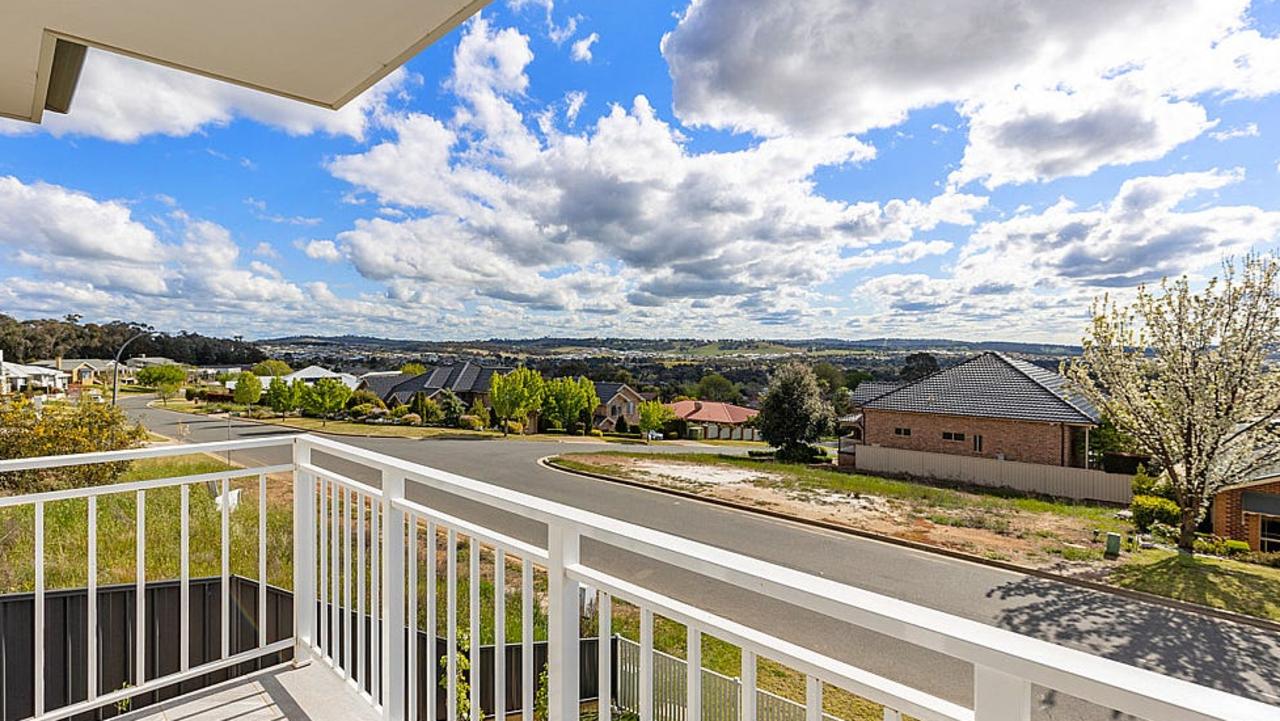Delays in drug policy will cost lives, say Griffith summit frontline participants
A major summit in the Riverina city of Griffith last year has called for a raft of new drug laws, but those who work on the frontline say changes must come quickly or more people will die.

The Wagga News
Don't miss out on the headlines from The Wagga News. Followed categories will be added to My News.
Participants in a controversial drug summit in the Riverina city of Griffith may have to wait nearly 12 months for government answers to a raft of proposed reforms, some considered urgent by addiction workers.
While the November meeting attracted more than 50 organisations, there was criticism key frontline workers had failed to score an invite.
The summit, also held in Sydney and Lismore, identified 56 priority actions including drug education and prevention, decriminalisation and investment in hard drug reduction programs.
A summit report released in April called on the NSW Government to respond within six months.
A spokesman for Health Minister Ryan Park today confirmed his department was working to an October deadline.

Frontline welfare organisations have urged quick action, however, saying delays will cost lives.
Uniting NSW.ACT’s Emma Maiden said the people of NSW had “waited too long” for positive change to drug laws.


“We need the Government to act swiftly in its political and legislative response to this report,” Ms Maiden said.
“We cannot have a repeat of the slow response and inaction following the Ice Inquiry.”
The former state Liberal Government attracted widespread criticism for taking more than two years to respond to the Special Commission of Inquiry into the Drug Ice.
The NSW Council for Social Services said last year’s summit uncovered a clear need to focus on prevention and early intervention.

CEO Cara Varian said it was critical the government acted quickly to implement recommended changes.
Ms Varian said more funding for under-resourced frontline services was vital, as many were “hanging on by a thread”.
Wayside Chapel CEO Rev. Jon Owen said the priority summit recommendations would save lives.
“Anything that keeps me from doing another premature funeral for a member in our community is worthwhile,” he said.
Kirrilly Salvestro from Griffith’s Linking Communities Network Ltd said “now is the time” to move on summit recommendations.
“Too often, actions are created that are not carried out by Government,” Ms Salvestro said.
Research by the Australian Institute of Health and Welfare shows 56 per cent of people in the Riverina Murray support rehabilitation pathways over prison for people found in possession of illicit drugs for personal use.
Police continue to report high levels of youth amphetamine possession across the region.
Bureau of Crime Statistics & Research (BOCSAR) research shows 237 incidents in the Murray in the 12 months to March 2025, the highest number of incidents on record for Murray.
In Riverina the figure was 262 for the same period, the second highest number of incidents on record for Riverina.
Got a story tip? Email brendan.gullifer@news.com.au


